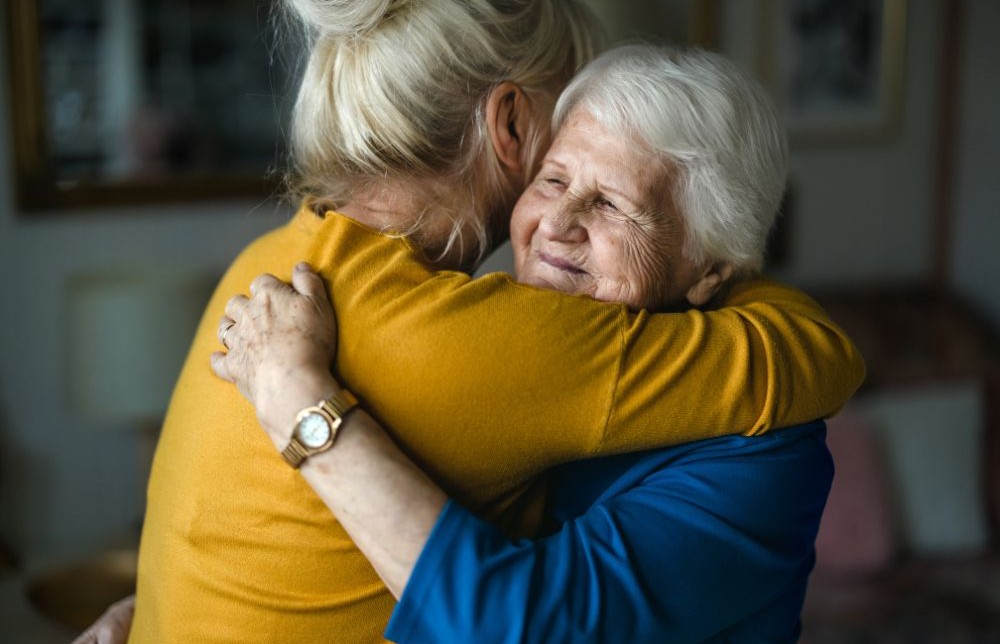Dementia is a condition that touches the lives of hundreds of thousands of people across the UK – not just those diagnosed, but their families, friends and communities too. It often begins quietly, with small signs that are easy to brush off or put down to age. But when forgetfulness starts to affect daily life, it may be time to ask whether something more serious is happening.
The Hidden Struggle of Living Alone
For those living alone, the early stages of dementia can be especially difficult. Without someone nearby to notice the changes, signs may go undetected until they start to pose real risks – missed meals, forgotten medications, unopened post, or confusion about time and place. This creates a heavy emotional load for loved ones, especially when they live far away and can’t see what’s happening day to day.
Is It Just Forgetfulness – or Something More?
It’s natural for memory to change slightly with age. But dementia is more than occasional forgetfulness. Signs that may suggest dementia rather than normal ageing include:
- Repeating the same questions or stories frequently
- Struggling to follow conversations or find the right words
- Getting lost in familiar places
- Difficulty with planning, organising, or handling money
- Personality or mood changes
- Withdrawing from social situations or hobbies
If you’re concerned about someone you care for, the NHS has a helpful guide to recognising the early signs of dementia and what to do next:
🔗 www.nhs.uk/conditions/dementia/about
Making the Home a Safer, More Supportive Place
Practical home adaptations can make a big difference for those living with dementia -helping them stay safe, confident, and independent. Some useful aids include:
- Large-faced clocks showing both date and time clearly
- Signage or labelling around the home (e.g. kitchen cupboards, bathroom doors)
- Automatic pill dispensers and medication reminders
- Motion sensor lighting for night-time safety
- Simple-to-use appliances like one-button radios or phones
- Memory boxes and photo frames to prompt familiar memories
- Colour-contrasting furniture or flooring to reduce confusion
How Altogether Care Can Help
At Altogether Care, we understand that staying in your own home for as long as possible is often the most comforting and dignified option. Our care at home and live-in care services are built around each person’s unique needs, routines and preferences.
We support individuals and families by:
- Offering personalised care plans tailored to the challenges of dementia
- Helping with daily tasks, medication, companionship and emotional support
- Giving family members peace of mind, knowing their loved one is safe and cared for
- Technology Enabled Care (TEC) that uses discreet, innovative products placed around the home to help identify care needs early, supporting a proactive and preventative approach to wellbeing
- Promoting joy, dignity, and connection through respectful and meaningful support
If you’re worried about someone or need advice about dementia care, we’re here to listen and help.
👉 Get in touch with us today for a friendly, no-obligation chat








